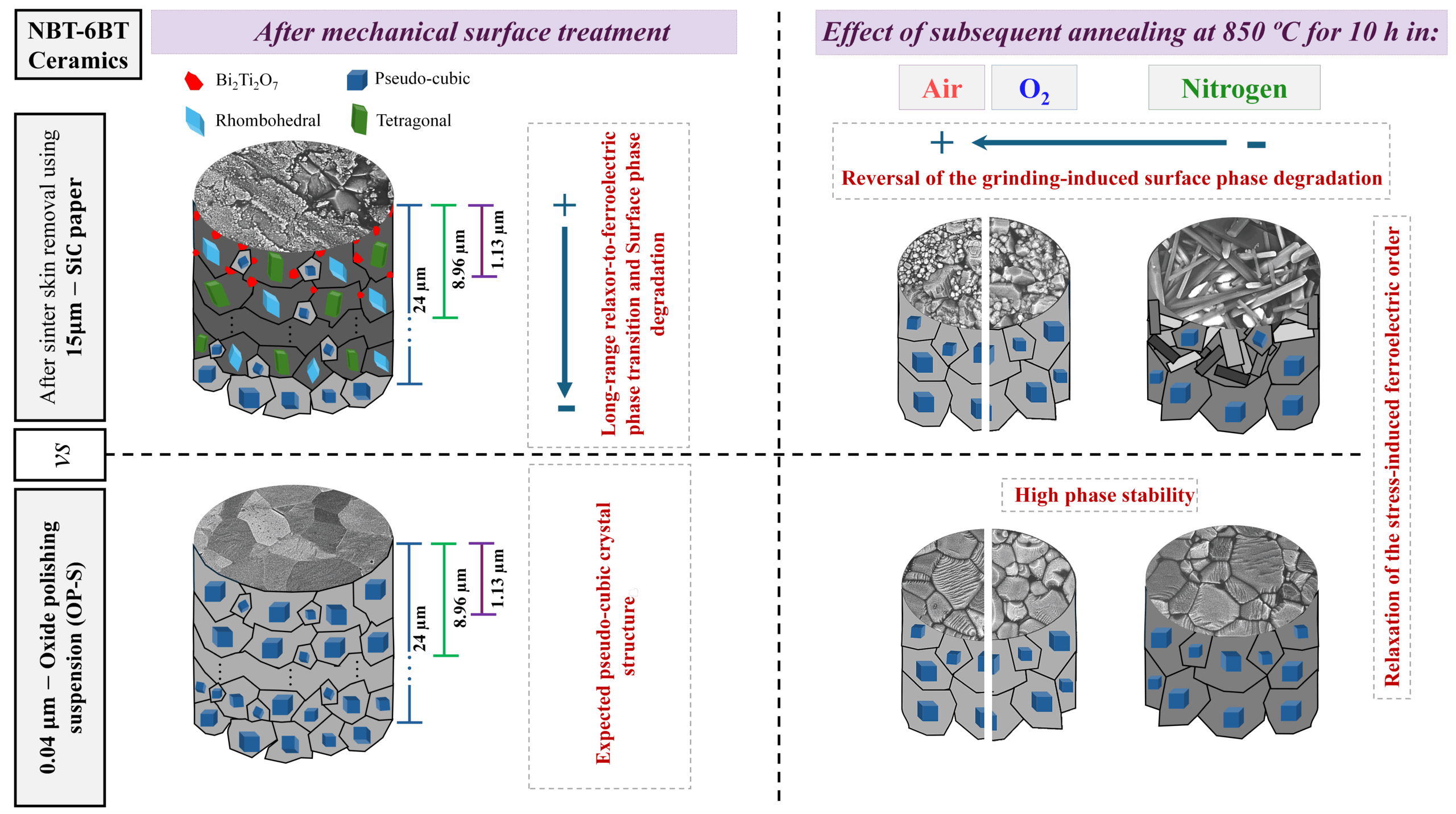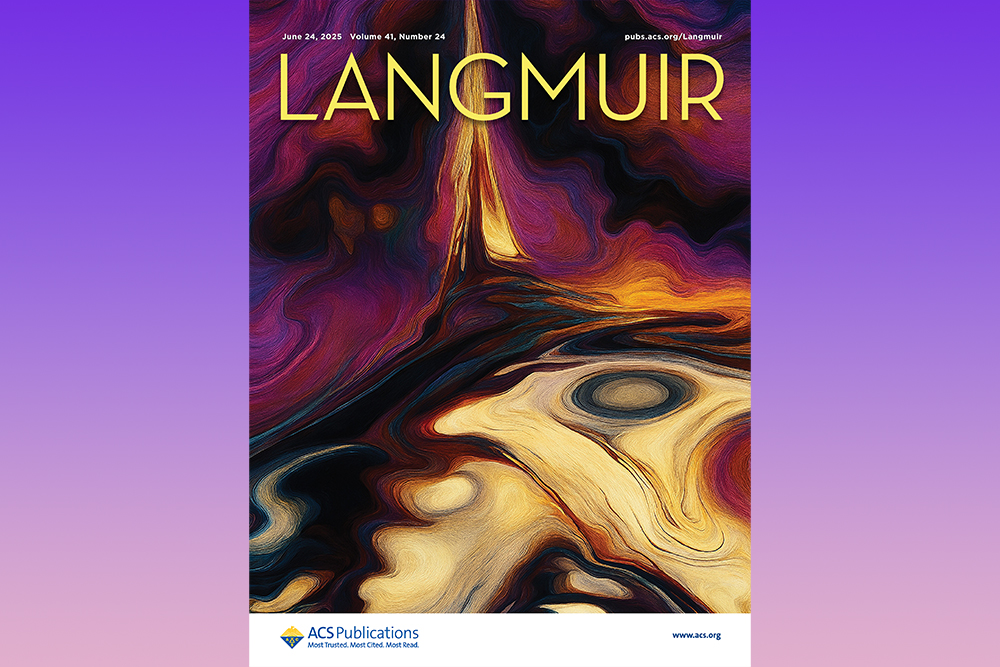
[Image above] Could a supercapacitor-powered car soon be a reality? Credit: Axion23; Flickr CC BY 2.0
Self-cleaning cars. Ceramic-inspired concept cars. Solar-harvesting cars. Cars with ceramic brakes. Even 3D-printed cars.
There’s a great deal of time, testing, and type devoted to the four wheels that get us where we’re going—which is to be expected, since this form of transportation is second only to our feet.
Currently, there are more than a billion vehicles on roads around the world, and that number is expected to double by 2050, which provides us ample opportunity to also double our emissions globally.
The continued development of more fuel-efficient cars—as well as hybrid and electric vehicles (EVs)—could help curb those increased emissions, but what about curbing conversation about whether or not consumers will ever opt for all-electric cars over cheaper conventional vehicles?
Perhaps a lightweight supercapacitor that can give electric cars a much-needed power boost can settle the debate.
A team at Queensland University of Technology and Rice University has developed a high-capacity film that’s thin enough to be placed in the panels, roof, doors, and floor of a car. More importantly, however, the super strong electrolyte/electrode sandwich can also provide enough juice to recharge an EV battery in minutes.
According to a QUT release, the work, published in the Journal of Power Sources and Nanotechnology, means that supercapacitor-powered cars could become a roadway reality before 2020.
“Vehicles need an extra energy spurt for acceleration, and this is where supercapacitors come in. They hold a limited amount of charge, but they are able to deliver it very quickly, making them the perfect complement to mass-storage batteries,” says QUT’s Marco Notarianni. “Supercapacitors offer a high-power output in a short time, meaning a faster acceleration rate of the car and a charging time of just a few minutes, compared to several hours for a standard electric car battery.”
Though not nearly as energy dense as their Li-ion counterparts, these supercapacitors have advanced acceleration capabilities and would provide an additional and quicker boost than what’s capable with conventional batteries, say researchers.
“Supercapacitors are presently combined with standard Li-Ion batteries to power electric cars, with a substantial weight reduction and increase in performance,” says QUT postdoc research fellow Jinzhang Liu. “In the future, it is hoped the supercapacitor will be developed to store more energy than a Li-Ion battery, while retaining the ability to release its energy up to 10 times faster—meaning the car could be entirely powered by the supercapacitors in its body panels.”
Liu reports that one full charge could create enough power to propel the car up to 500 km, which he says is in line with the power of conventional cars, or double what an EV can provide.
Made from cost-effective carbon materials, the price of this power is relatively low.

QUT professor Nunzio Motta in the lab where a team has been working to develop a thin-yet-strong supercapacitor film that can be placed in the panels of a car door. Credit: Queensland University of Technology
According to Nunzio Motta, professor at QUT, it’s also a more Earth-friendly way to provide high-power density.
“The price of Li-Ion batteries cannot decrease a lot because the price of lithium remains high,” he says. “This technique does not rely on metals and other toxic materials either, so it is environmentally friendly if it needs to be disposed of.”
Though these lightweight-yet-high-strength capacitors could dramatically impact the auto industry, researchers say that they could also find a home in other battery-powered devices—devices where a quick charge would be both desirable and in demand—such as a faster-charging smartphone.
The papers are “High performance all-carbon thin film supercapacitors” (DOI: 10.1016/j.jpowsour.2014.10.104) and “Graphene-based supercapacitor with carbon nanotube film as highly efficient current collector” (DOI: 10.1088/0957-4484/25/43/435405).
What do you think? Would you line up for a supercapacitor-powered smartcar? Tell us in the comments.
Author
Jessica McMathis
CTT Categories
- Basic Science
- Electronics
- Energy
- Environment
- Material Innovations
- Transportation


